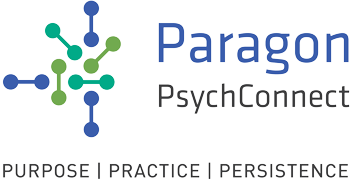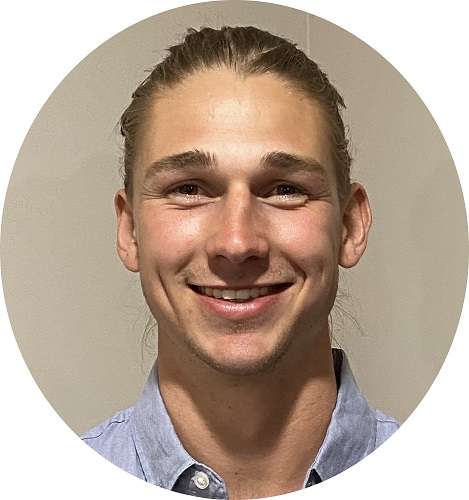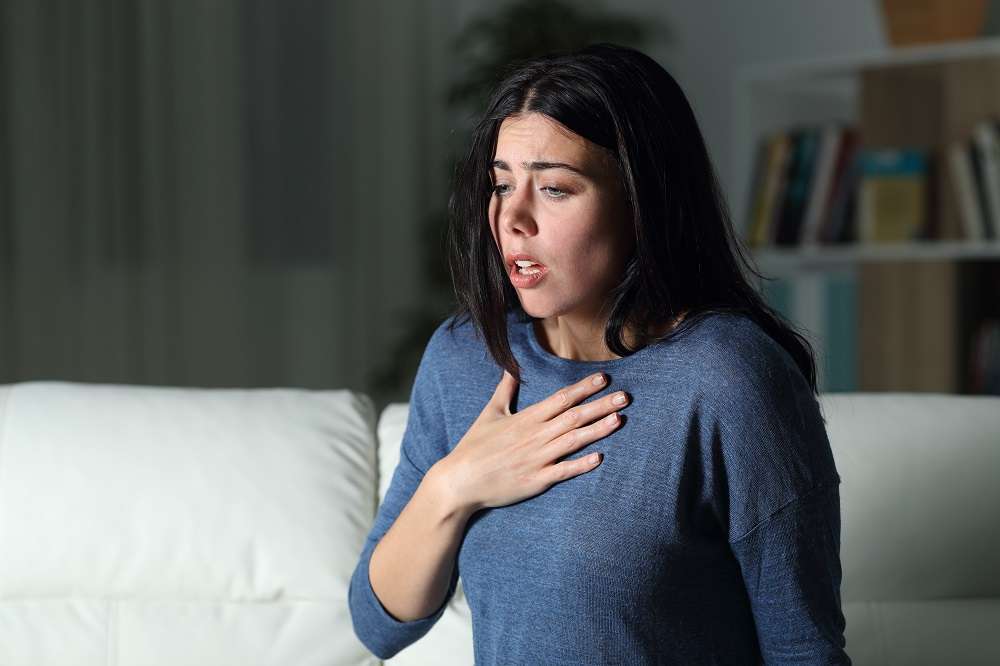
Do Psychologists do Functional Capacity Assessments (FCAs)?
01/10/2023
How was Paragon PsychConnect born?
29/10/2023My car accident happened 3 months ago. Why do I still have trouble driving?
Accidents can leave more than just physical scars; they can impact our mental and emotional well-being. It's important to recognise the significance of seeking help from a psychologist during these tough times.
Approximately 1 in 2 people following a motor vehicle accident go on to develop psychological distress. Recognising early symptoms is important in recovery yet is often overlooked in the rush to treat the physical symptoms.
Early signs and symptoms of psychological distress following a car accident may be different for each person. It is also important to understand that not everyone will experience the same symptoms, and the intensity and duration can also differ.
Let’s take a look at some common early signs and symptoms to look out for:
- Intrusive Thoughts or Flashbacks: Frequent, involuntary memories of the accident, distressing dreams, or flashbacks that make you feel like you're reliving the event.
- Anxiety and Fear: Feeling anxious, nervous, or fearful, especially when thinking about or being in situations related to driving, accidents, or vehicles.
- Physical Symptoms: Unexplained headaches, nausea, fatigue, muscle tension, or other physical discomfort, even in the absence of physical injuries.
- Sleep Disturbances: Difficulty falling or staying asleep, experiencing nightmares, or having trouble relaxing or feeling safe during sleep.
- Emotional Changes: Feeling easily upset, irritable, angry, sad, or emotionally numb. Sudden mood swings or intense emotional reactions.
- Avoidance Behaviours: Avoiding situations or places that remind you of the accident, including driving or even getting into a vehicle.
- Hyperarousal: Feeling constantly on edge, easily startled, or having difficulty concentrating. A heightened state of awareness or hypervigilance, in particular when in a vehicle.
- Isolation: Withdrawing from social activities, friends, or family members. A desire to be alone and avoid discussing or reliving the event.
- Denial or Disbelief: Difficulty accepting the reality of the accident or its severity or feeling like it didn't happen.
- Guilt or Shame: Feeling guilty about the accident, even if it wasn't your fault, or blaming yourself for the event.
If these symptoms are not treated early and when the person is also physically injured, it can delay recovery, impact daily activities and your return to work.
So, remember your mental health is just as important as your physical health, especially during distressing times. If you or someone you know has experienced a motor vehicle accident, please contact our team at Paragon PsychConnect or register for our Driver Active8 Therapy Program.
















